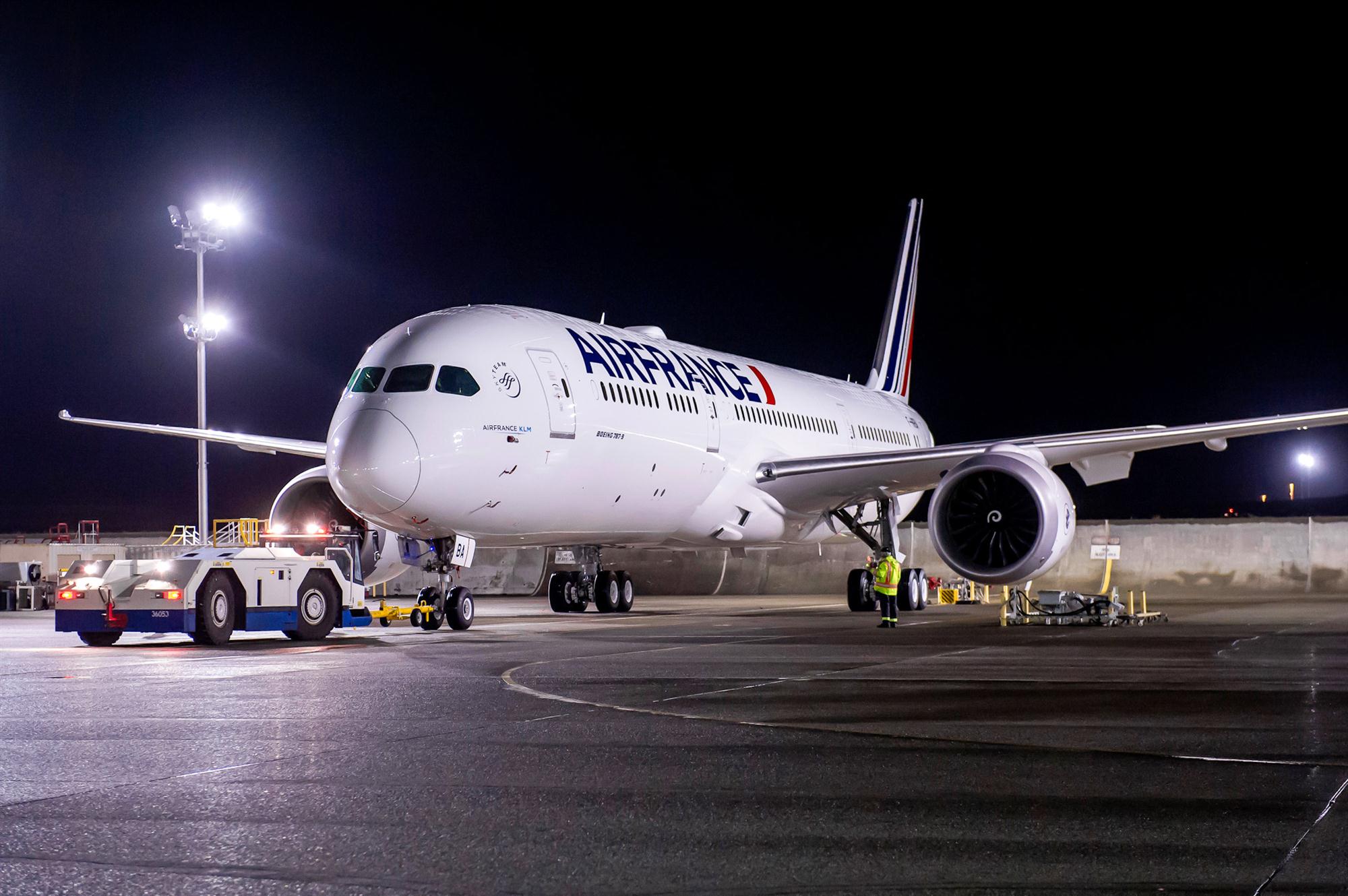Booming business has apparently not blunted Air France KLM Martinair Cargo’s interest in traffic from small- and mid-sized forwarders. The European carrier group has unveiled a special programme that combines a number of services aimed at this clientele.
“Extensive research revealed that we have a good understanding of the specific needs of this diverse group of customers. Using this knowledge, we have bundled together a number of relevant 24/7 easy-to-connect services, tailor-made offers, and a loyalty programme, under the title WHAT COUNTS,” AF-KL-MP declared at the launch of the package.
Under the What Counts scheme, users can obtain rate quotes, make their bookings and manage them online at any time through myCargo, a digital portal. In addition, it offers track and trace, notifications settings, claims and other functions.
According to AF-KL-MP, myCargo keeps evolving. Based on customer needs, enhancements to existing services and completely new services are implemented every three months.
To attune better to the specific needs of SME customers and to interact more effectively with them, the carrier has also set up dedicated customer service & sales desks in its market organization.
“We are able to approach every customer in a unique way, based on their particular needs, by sending them specific offers and information appropriate to their level of specialization. Big data and a sophisticated CRM strategy make it possible for us to adopt this approach,” said Gertjan Roelands, vice-president, cargo, Europe.

What Counts also features a loyalty scheme that lets SME clients accrue air miles.
“We highly value our customers’ loyalty, which is why we are now awarding blue credits for cargo bookings, in the same way we do passengers for flights, through our BlueBiz programme. So, our customers can now receive blue credits for both their cargo and passenger flights when they book Air France and KLM. These blue credits can be spent on airline tickets, thereby presenting our customers with a way to further reduce their travel costs,” AF-KL-MP stated in the announcement of the programme.
Earlier last year IAG Cargo introduced a loyalty scheme aimed at SME forwarders, under which participants gain points when they ship cargo that they can later convert into free travel, hotel accommodation or cargo credit.
“We haven’t done enough to shine a light on smaller customers,” said David Shepherd, who was commercial director of IAG at the time.
Air Canada is also stepping up its focus on its SME clientele. “We put a team together that focuses on SMEs. It’s been so successful that we are augmenting the numbers,” said Vito Cerone, director of marketing and sales, Americas.
In recent years SME forwarders have come to the fore on more and more airlines’ radars. One factor in this has been the emergence of strong global networks of such companies. The World Cargo Alliance (WCA), founded in 1998, which claims to be the largest of the lot, represents over 6,738 member offices in 193 countries.
Forwarder networks, which aim to give SME members global reach to compete with multinational giants, have mushroomed. Between 2004 and 2016 their number climbed from about 80 to around 180.
American Airlines, which generates about one-third of its revenues from SME clients, was one of the first to engage with a forwarder network with a special partnership programme, but a number of other carriers have since followed suit. Last year Qatar Airways formed a partnership with the WACO alliance, under which it treats the organization’s members as preferred forwarders.
Etihad went one step further when it paired up with the WCA and gave its members direct access to its air waybill stock. In turn, the WCA assumed responsibility that financial commitments to the Middle Eastern carrier are met.
For the most part, airlines prefer to offer SME group members improved access without actual space guarantees, block space deals or AWB stock. Partnership agreements with soft benefits have been more appealing.
The strength of some of these may be tested in the current market conditions, where airlines have to portion out access to their capacity instead of chasing cargo everywhere to shore up their load factors. AF-KL-MP’s new programme suggests that the airline is not taking its focus away from SME forwarders at this juncture, but many smaller agents will be watching nervously if their access to lift may diminish.
Having implemented What Counts in its home market, AF-KL-MP is now rolling it out in Europe, which is expected to be completed by mid-year. The timetable for the roll-out in Asia has not been finalized, but it will happen in 2018, according to a company spokesman.
By Ian Putzger
Air Freight Correspondent | Toronto